What Customs is about
The Covid-19|Corona virus pandemic, protectionism, escalating trade wars between major trading nations, and Brexit. We live in a turbulent world and in a time when we need trade recovery. This makes Customs more important than ever.
Customs has made its way to the top of the political agenda. While many countries have implemented restrictions on people movement and travel during the pandemic, borders have remained open for goods. This has been essential in the fight against the corona virus.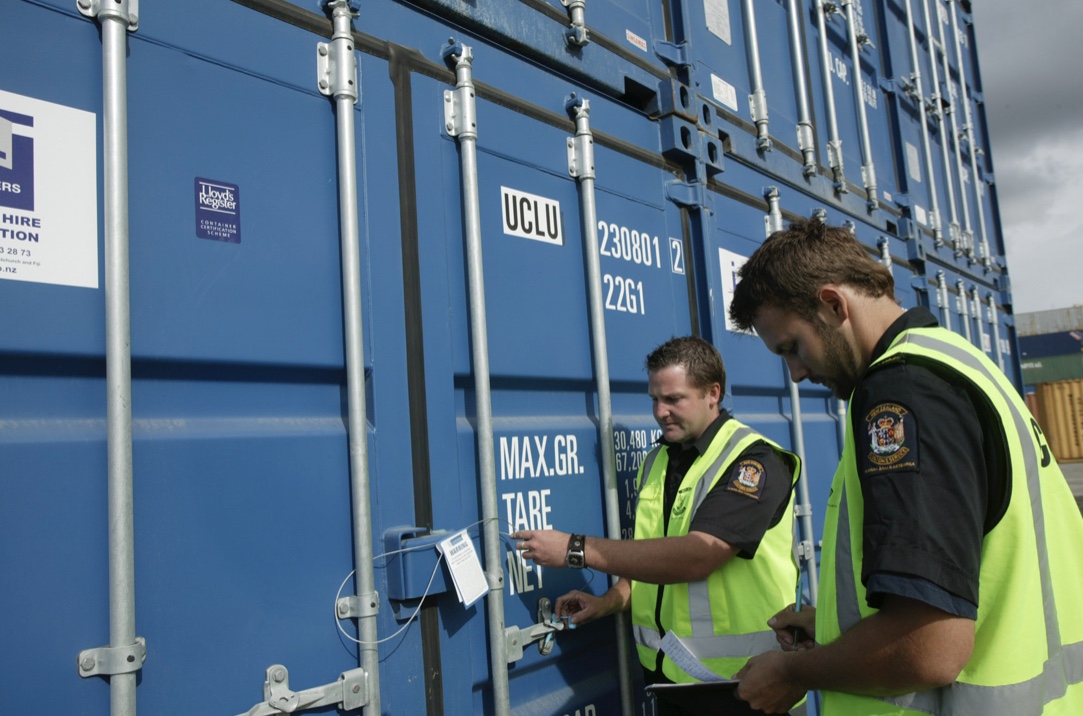
During the pandemic, Customs and the service provider industry have worked together to keep borders open for trade in essential products such as medicines, medical equipment, personal protection equipment, and food.
Brexit is the largest change to Customs and borders in our lifetime, creating a new customs border between the United Kingdom and the European Union. From a border perspective and driven by the Eurotunnel and RO-RO movements, trade volumes between the two parties are among the largest in the world.
The practical consequences of Brexit have turned out to be almost all about Customs and trade. For several years Customs has been – and still is – at the forefront of the debate on the Future Relationship between the UK and the EU post-Brexit. We are now fast approaching the end of the Brexit transition period on 31 December 2020.
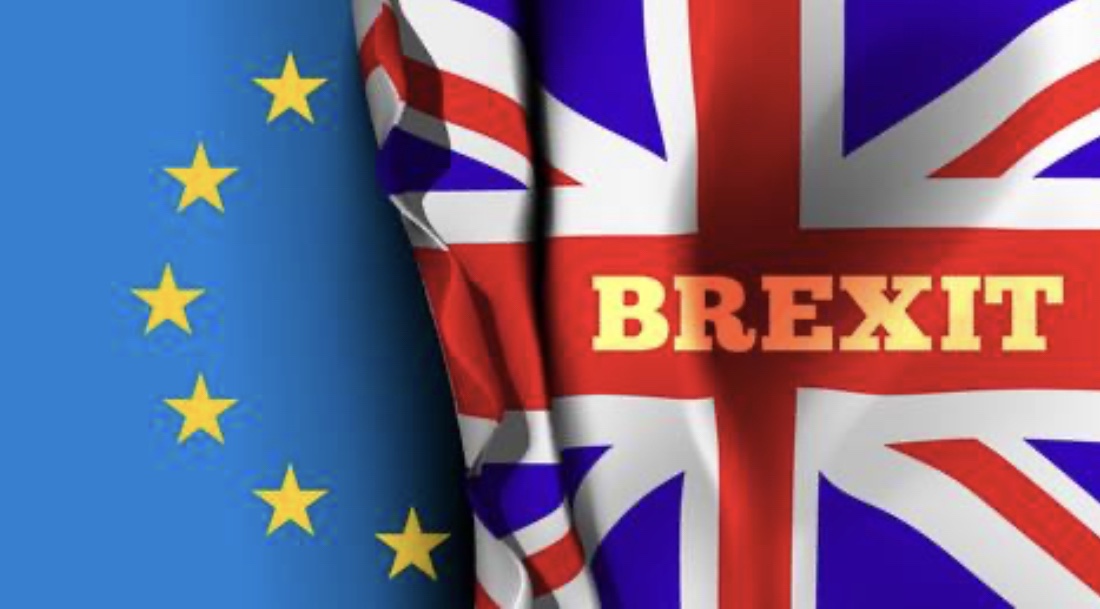
One of the reasons for Brexit’s complexity is that the global supply and value chains have changed enormously over the last decade. We don’t produce products in one place and sell them somewhere else anymore. We produce everywhere and sell everywhere.
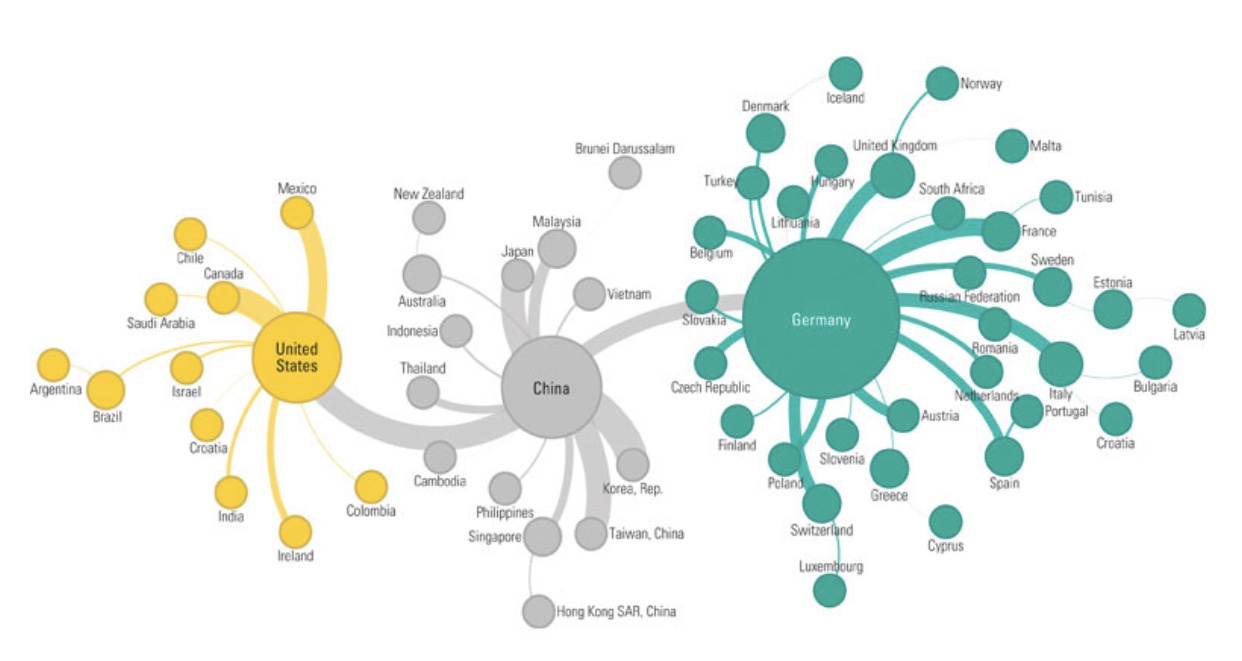
Components are today made and traded where the conditions are most conducive. Products are moved back and forth across borders during the production cycle. This model was initially used for high-end products such as automobiles, high-tech goods and pharmaceuticals, but is used today for almost all products.
These developments have occurred during a time of globalization where we have learnt that trade development is one of the most important vehicles for social development, growth, job creation, and poverty reduction.
Against this background, we now have an emerging trade war between major trading nations and rising protectionism in many parts of the world.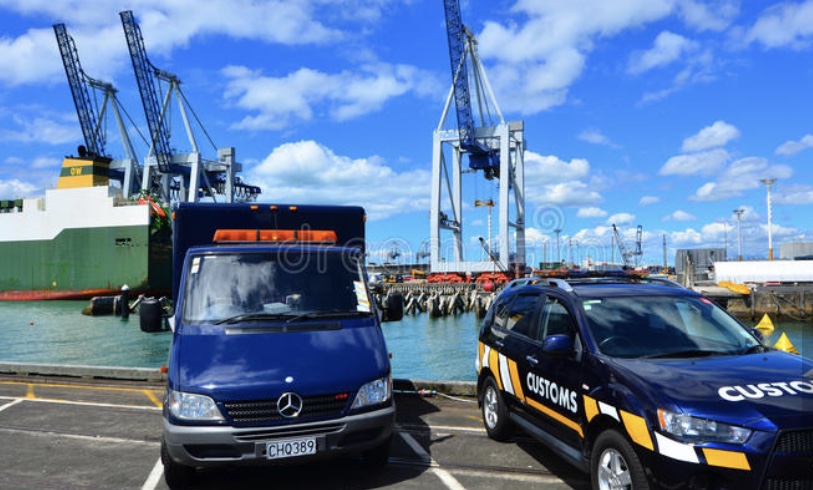
So what is Customs really about and how does Customs hold the keys to a better trading environment?
Let’s start with the mission of Customs. When I teach at the University I often use the history of Customs to explain its significance. It is important to know the history of Customs to be able to develop future models for its operations. Customs started as a revenue function for governments, whether it was a town or region in ancient through to mediaeval times, or later with our first nation states.
For thousands of years this was the task. Obviously this source of income was fundamental for the building of our institutions and social systems. It is important in this context to remember that Customs duties still is one of the primary sources of income for a majority of countries worldwide.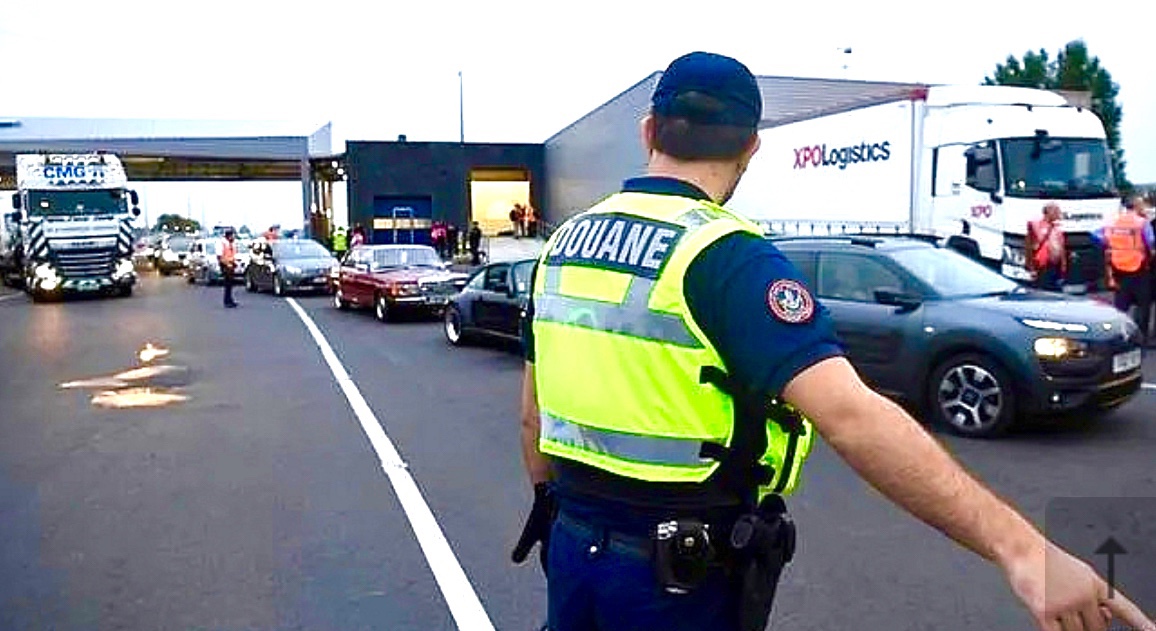
Later, governments added managing restrictions and protectionist policies to the Customs mandate. Over the past twenty years, the mission of Customs has changed and widened to include drug enforcement, controls of other prohibited products, security, safety, technical product control, intellectual property right controls, border management, and much more.
Since the 1990s, trade facilitation and more efficient risk based border processing and compliance management has become an important way to support global trade growth in many countries.
This has led to major Customs reform and modernization.
We should always remember, however, that Customs is, by definition, about managing and monitoring our borders to protect people.
A great example I always use is the Apollo 11 journey to the moon. One of the greatest achievement of mankind to date. So what was the first thing that happened when the Apollo 11 crew landed in the Pacific Ocean after the landmark space journey? US Customs asked our heroes, Neil Armstrong, Buzz Aldrin and Michael Collins for a customs declaration. Anything to declare? Any moon rocks?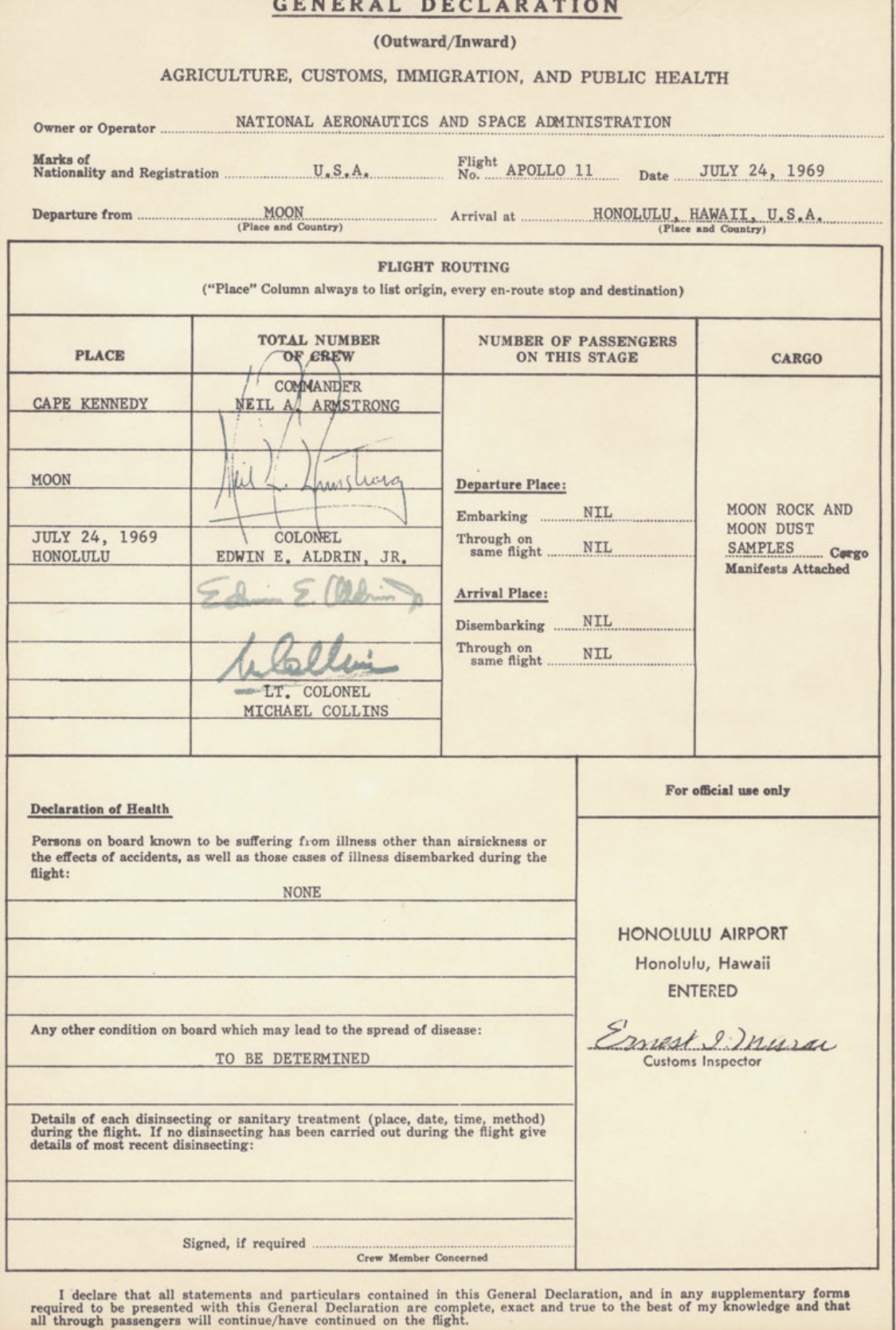 Here is the original customs declaration from that moment.
Here is the original customs declaration from that moment.
Customs services and border agencies today have the critical role of making trade work as efficiently as possible. We have seen a tremendous amount of development, innovation and international standard setting in recent decades. It is easy to forget and underestimate the enormous change Customs and trade have gone through in a short period of time.
Today we have models such as trade single windows, Authorized Economic Operator and Trusted Trader programs, paperless processes between government and the private sector, one-stop-shops, integrated border management, advanced risk management and intelligence exchange, track and trace monitoring and surveillance of transport, self-assessment control models, and many other models that make it possible to design new and more efficient borders. All these models have been implemented in different parts of the world.
Digitization and digitalization of Customs and border processes is only starting its journey and there are already operational examples including the use of AI, big data management, and blockchain.
Over the last five years we have seen a new border paradigm emerge with Smart Borders that move border formalities away from the physical border.
We are now seeing emerging trade super highways based on transparent Special Economic Zones, and this will become the next big thing in the Customs world. The United Kingdom has initiated a freeport agenda for the post-Brexit world. This initiative could, if implemented correctly using global best practices, become a beacon for others to follow.
We are on the way to enter a world with end-to-end solutions for all transport modes on trade superhighways, using top level hubs and a new compliant and transparent advanced special economic zones of as engines and nodes in a global network. This network will become a nee level of trusted trade lanes where goods will move in high speed with maximum predictability, while at the same time more safe and secure than ever using compliance programmes like SafeZone, Clean Zones and the AEO/TrustedvTrader instrument.
International cross-border crime syndicates have used globalization to create new partnerships and alliances and collectively grow their illegal businesses. Drug cartels and the mafia now work with designated terrorist organizations. This development requires new and innovative responses from Customs.
Together, my friend and longtime colleague Dr. Alan Bersin, a former senior DHS and USCBP official, and I have written an academic article on how to combat the rise of cross-border crime syndicates. You can find it here: Lines, Flows and Transnational Crime: Toward a Revised Approach to Countering the Underworld of Globalization

We need trade recovery to have an economic recovery in the post-pandemic world. Trade will play an essential role in the new normal. Yes, we will see a reaction where companies will go from just-in-time to just-in-case, protecting important supply chains and stockpiling product near key markets together other back-up measures. However, in the mid- to long-term we will see more predictable supply chains develop that provide high-level security and certainty.
In addition, governments will have a focus on revenue recovery and increased international trade will be seen as a key element in post-pandemic economic re-building.
Customs and border management has a leading role to play in this context. The United Kingdom is developing a new Border Strategy for 2025. All countries need to do the same. We need to upgrade current models to utilize all existing best practices and develop and implement Customs innovations as they emerge.
We need to use this momentum to take the next leap. The platform is already in place. We now need to mobilize a global initiative to fully utilize the opportunities presented by Smart Borders, the UK’s Alternative Arrangements, technical developments, and the new border paradigm.
We need to revamp our international institutions and give these global centers of competence and expertise a clear common agenda to support the new Customs, border processing and trade paradigm that is so clearly needed in the challenging times ahead.
Let’s start in United Kingdom where new customs borders will be in place in only a few months’ time. This can be an inspiring example to follow, connecting leading trading nations, with inclusiveness, and creating a new global trade reality.
Are we up to do this? My answer is simple. Yes, we can. Yes, we must be. Customs is ready.
That is what Customs is about.
You must be logged in to post a comment.